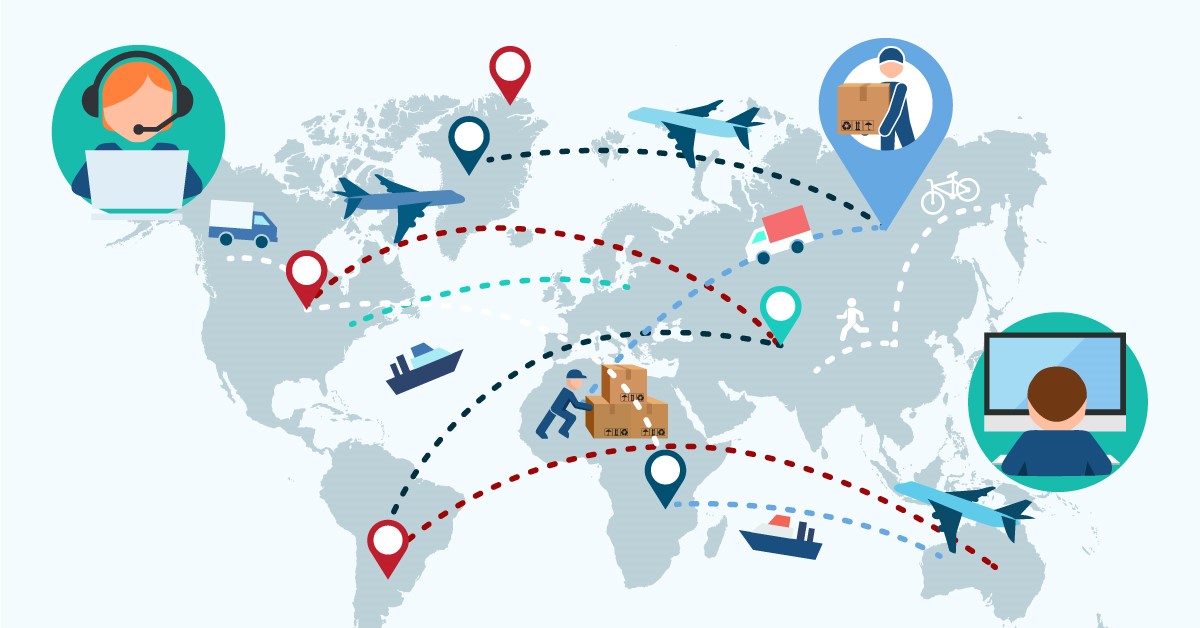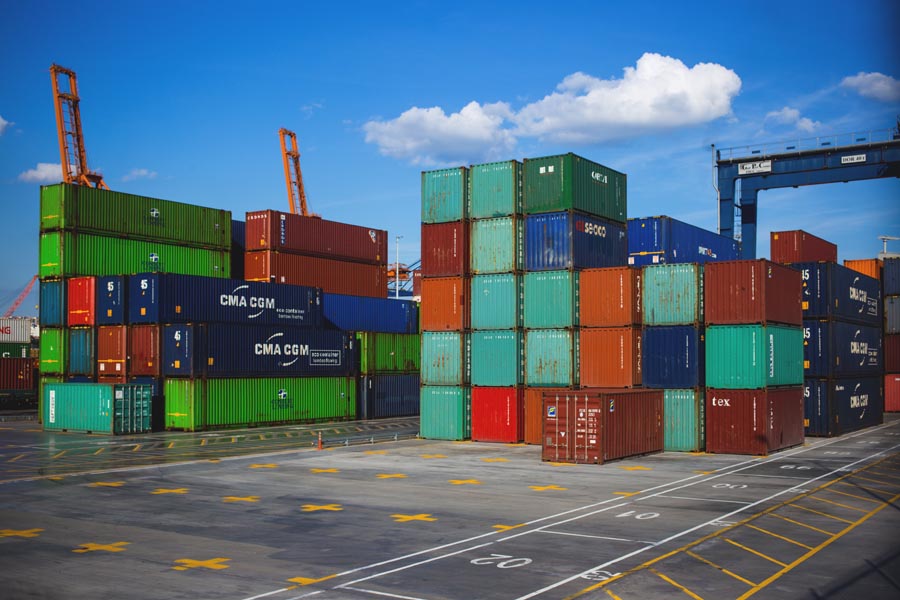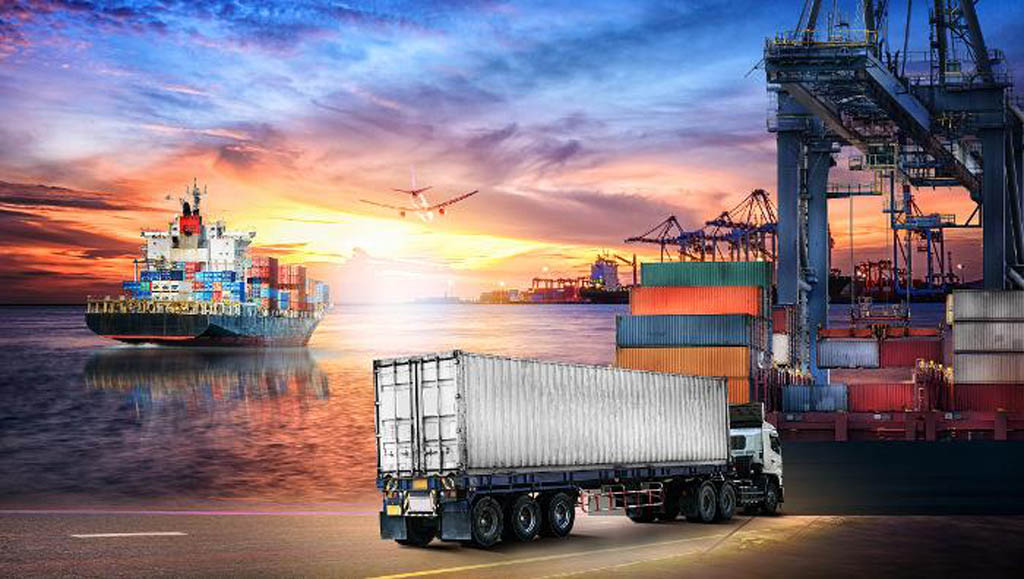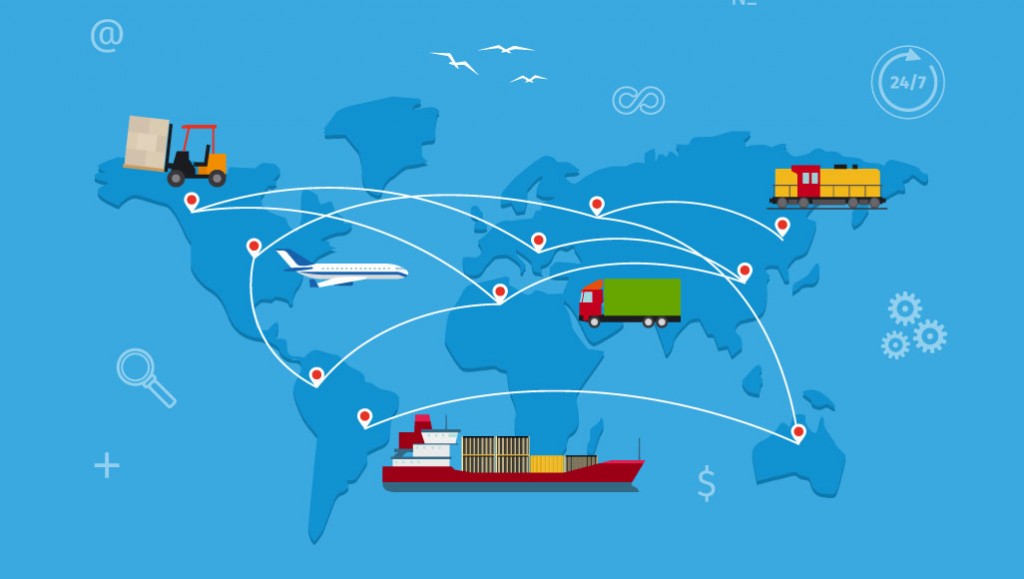
Choosing a Third-Party Logistics Provider
What is a logistics provider?
A logistic service provider basically deals with storing and distributing products on behalf of the local firms. They basically act as an intermediate between the producers and the customers. They offer storage facilities so that the products get stored without any harm and then they deliver the product to the point of consumption with the help of express delivery services like aircraft, ocean freight etc. Some of the other traditional functions of a distributor as also offered by them like management of inventory, warehousing, tracking of order etc.
How logistics is important for your business?
Logistic is one of the most integral aspects of any business. When you have a good logistics system, it would help you in the growth of your business and would also help you to achieve your goals. Starting from raw material delivery to your production house to delivery of the fished products to your customers, the logistics service provider helps in all of them. They help you to get your product to deliver in the most cost-effective way through the cargo services.
How to choose the correct logistics service provider?
Choosing the top logistics and supply chain company can be a bit tricky. You would need to notice certain facts in order to choose the best one for yourself. Moving products with care is a complicated task and not everyone can do it properly with full accuracy.
Hence when you choose a Third Party Logistics Provider, do consider the following factors:
● Connections
The top logistics and supply chain company would have some great connections and contacts that they have established throughout the years and this indeed would help them to carry out their services efficiently.
● Scalability
You would need to see how scalable the logistics company is. You can see the companies with whom they are associated and how logistics have helped those company to grow. Reviewing the services is quite important.
● Customer Service
Do check out their customer servicing skills. How much responsive they are when someone tries to contact them. They should also have different ways to address their customers, like through social media and calls, emails and different types of communications. Being active on all the channel and responding to all the queries is a must-have feature for any logistics company.
● Safety
The primary focus for any logistics company should be the safety of the products. They would need to take special care of all the products while storing and delivering them from one place to the other.
Choosing a third-party logistics and supply chain company is a very tricky task. If you do not choose the right one, you might have to suffer losses which in turn would also affect the reputation of your company to your customers. Take time and do your research, read the reviews and go for an experienced company. It is worth to invest a bit more in order to get the services you desire.





